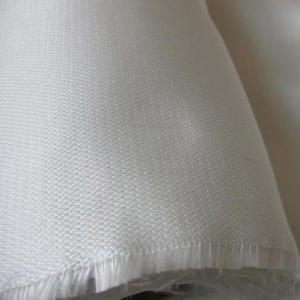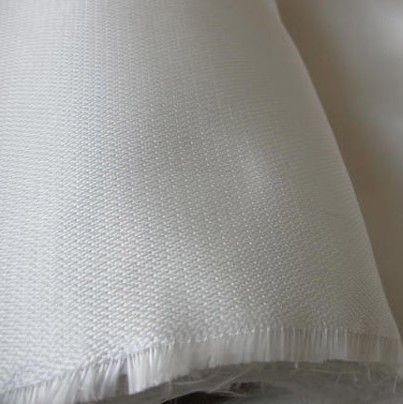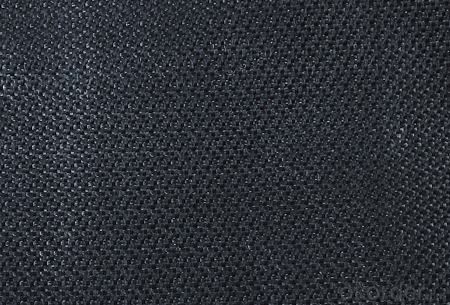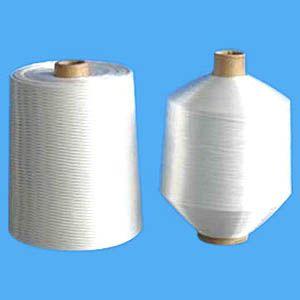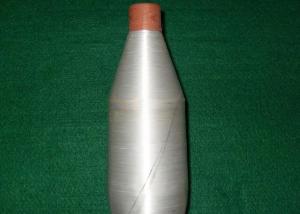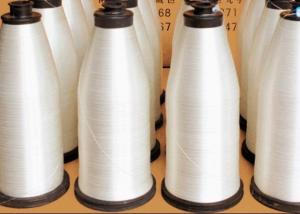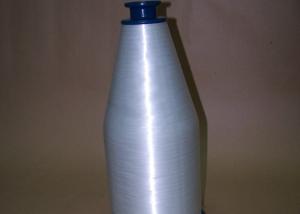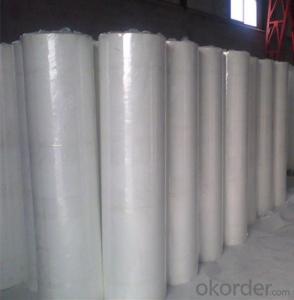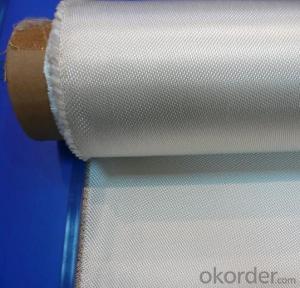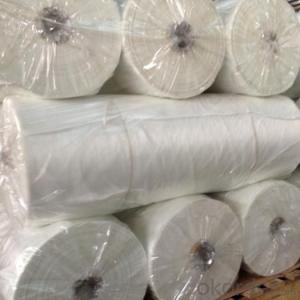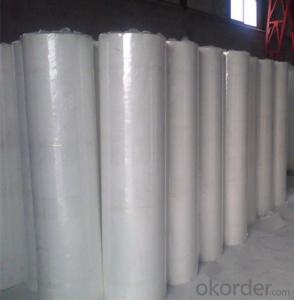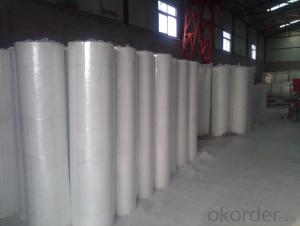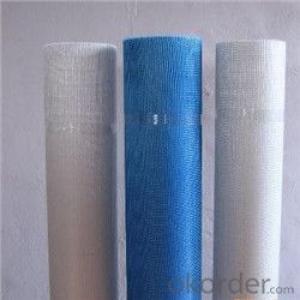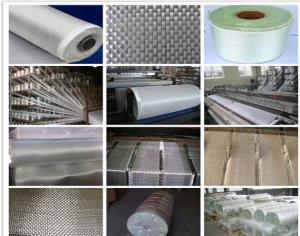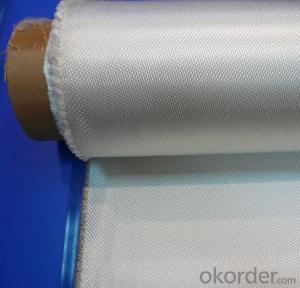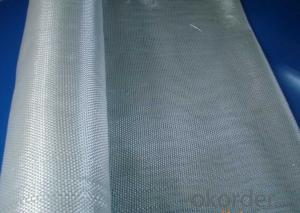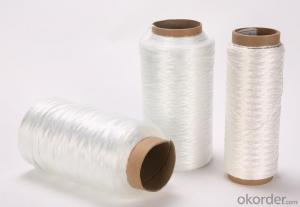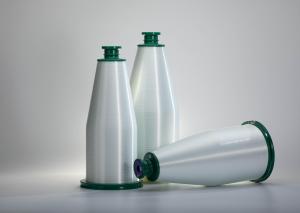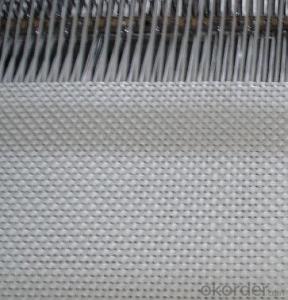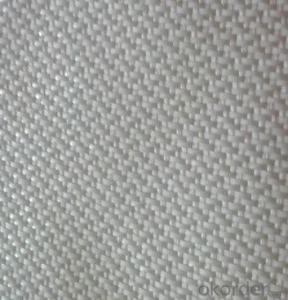Fiberglass Yarn Reinforced Fiberglass Fabric for Construction Use CNBM
- Loading Port:
- Shanghai
- Payment Terms:
- TT OR LC
- Min Order Qty:
- 500 m²
- Supply Capability:
- 50000 m²/month
OKorder Service Pledge
OKorder Financial Service
You Might Also Like
Fiberglass Fabric for Construction Use CNBM
Fiberglass Fabric Introduction:
Fiberglass fabric is weaved by high quality fiberglass,as a kind of engineering material,which is
many excellent characteristics:
flame-resisting,corrosion resistant,high strength,heat resistance.stable structure,good chemical resistance,durability.
Fiberglass Fabric Features:
Warp and weft yarns are parallel arrangement as flat situation, with uniform tension;
Fiber is aligned with large consistency, stable and easy operation;
Good moldability, fast and complete wet out in resins, resulting in high productivity;
Good transparency and high strength of composite products.
Fiberglass Fabric Specification:
mark | Fiber consistency(ends/ cm) |
Area weight (g/ m2) |
Thick-ness (mm) |
Width (cm) |
Length (mm) | Breaking strength(N)≥ |
weave | |||
Warp direction | Weft direction | Warp direction | Weft direction | |||||||
EW200 | 16 | 12 | 200±20 | 0.2 | 90-130 | 300-1200 | 980 | 980 | ||
EW210 | 16 | 12 | 200±20 | 0.21 | 90-130 | 300-1200 | 1080 | 1080 | Twill weave | |
Plain weave | ||||||||||
EWR360 | 3.2 | 1.8 | 354±18 | 0.35 | 50-300 | 100 | 2000 | 2000 | ||
EW280 | 16 | 10 | 280±28 | 0.26 | 90-130 | 300-1200 | 1800 | 1800 | ||
EW300 | 14 | 10 | 320±32 | 0.3 | 90-130 | 300-1200 | 1500 | 1500 | ||
EW430 | 20 | 12 | 420±42 | 0.43 | 90-130 | 300-1200 | 2000 | 2000 | Broken twill | |
EWR136 | 10 | 10 | 136±13 | 0.136 | 100 | 200 | 850 | 850 |
Plain weave | |
EWR200 | 8 | 7 | 200±20 | 0.21 | 100 | 200 | 1200 | 1200 | ||
EWR400 | 3.6 | 3.2 | 400±30 | 0.4 | 100 | 50-100 | 2500 | 2500 | ||
EWR600 | 2.6 | 2.5 | 600±50 | 0.6 | 100 | 40KG | 4000 | 4000 | ||
EWR580 | 2.5 | 2.3 | 576±29 | 0.58 | 100 | 40KG | 3850 | 3850 | ||
EWR800 | 1.8 | 1.8 | 800±60 | 0.8 | 100 | 40KG | 4600 | 4600 | ||
Product Show
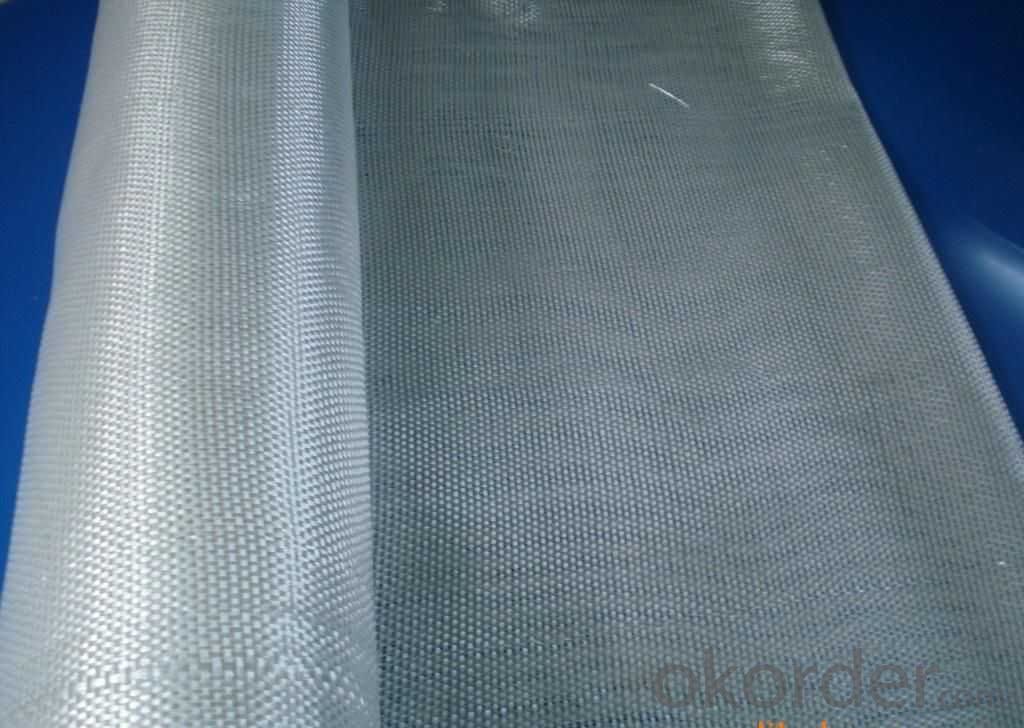
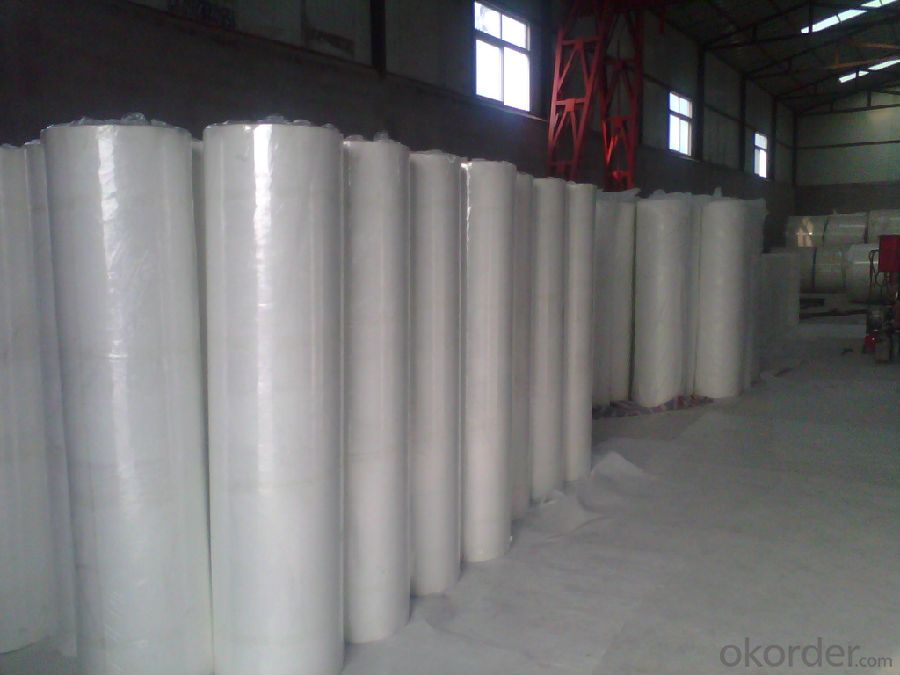
Fiberglass Fabric Usage:
E-glass woven roving is a schistose double faces reinforcement fabric that is weaved into from roving in directly.
E-glass fiber fabric (thin fabrics with thickness from 0.025 to 0.09mm) is suitable for electrical isolation mica product, wax cloth as the reinforcement materials.
E-glass woven roving applys to all kinds of polyester reinforcement system, (such as unsaturated polyester resin, vinylite,epoxy resin and phenolic resin.
E-glass woven roving is a high performance reinforcement material. It is widely used in hand lay-up and machinery processing products, (such as vessel, container, airplane and vehicle component, furniture, athletic facilities and other industry.
FAQ
1.Package of Fiberglass Fabric?
Fiberglass fabric is wound on a paper tube with inner diameters of 50. 8, 76 or 152mm. Each roll is wrapped in a plastic bag, then to be packed in a carton box. The rolls are to be horizontally placed.
Width (cm): 90, 100, 127
Length (m): 100, 200, 300, 400
2.Storage of Fiberglass Fabric?
Store rolls in a cool, dry location
Protect rolls from weather and other damage.
3.If sample available if needed?
We aim to offer our customer best Products&Service,samples are allowed if necessary.
- Q: Can fiberglass yarn withstand high temperatures?
- Yes, fiberglass yarn can withstand high temperatures. It is known for its excellent heat resistance properties, allowing it to withstand temperatures up to 1000 degrees Celsius without melting or degrading.
- Q: Can fiberglass yarn be used for making furniture?
- Yes, fiberglass yarn can be used for making furniture. It is a versatile material that offers durability, strength, and resistance to moisture, making it suitable for creating various furniture pieces such as chairs, tables, and even outdoor furniture. Additionally, fiberglass yarn can be easily molded into different shapes and can be combined with other materials to enhance the overall design and functionality of the furniture.
- Q: Can fiberglass yarn be used in shipbuilding?
- Yes, fiberglass yarn can be used in shipbuilding. Fiberglass yarn is a strong and lightweight material, making it suitable for various applications in the marine industry. It is commonly used in shipbuilding to reinforce composite materials, such as fiberglass-reinforced plastic (FRP) composites. These composites are used to construct boat hulls, decks, and other structural components, providing them with increased strength and durability. Fiberglass yarn is also resistant to corrosion, which is an important characteristic for materials used in shipbuilding. Overall, fiberglass yarn is a versatile material that can be effectively utilized in the construction of ships and other marine vessels.
- Q: Is fiberglass yarn suitable for use in chemical processing equipment?
- Fiberglass yarn is unsuitable for utilization in chemical processing equipment due to its vulnerability to most chemicals. Despite being renowned for its strength and temperature resistance, fiberglass can easily be corroded by acids, bases, and other corrosive substances commonly encountered in chemical processing environments. Consequently, it is not advisable to employ fiberglass yarn in such equipment as it lacks the capability to endure chemicals and would rapidly deteriorate, jeopardizing the equipment's integrity and safety.
- Q: Is fiberglass yarn resistant to oils and greases?
- Yes, fiberglass yarn is known for its resistance to oils and greases. The material's inherent properties make it highly resistant to the effects of these substances. Fiberglass yarn has a low affinity for oils and greases, meaning that these substances do not easily adhere to or penetrate the fibers. This resistance makes fiberglass yarn a suitable choice for applications where contact with oils and greases is expected, such as in the manufacturing of industrial filters, gaskets, or protective clothing. Additionally, fiberglass yarn's resistance to oils and greases contributes to its durability and longevity, as it is less prone to degradation or weakening when exposed to these substances.
- Q: Can fiberglass yarn be used for wind turbine manufacturing?
- Yes, fiberglass yarn can be used for wind turbine manufacturing. It is often used as a reinforcement material in the production of wind turbine blades due to its strength, durability, and lightweight properties.
- Q: Can fiberglass yarn be used in filtration applications?
- Yes, fiberglass yarn can be used in filtration applications. Fiberglass yarn is known for its high strength, durability, and resistance to chemicals, making it an ideal choice for various filtration processes. It is commonly used in applications such as air filters, liquid filtration, dust collection, and oil filtration. The fine fibers of fiberglass yarn can effectively capture and trap particles, contaminants, and impurities, ensuring a clean and purified output. Additionally, fiberglass yarn is resistant to high temperatures, making it suitable for filtration processes that involve hot fluids or gases. Its versatility and excellent filtration properties make fiberglass yarn a reliable and popular choice for a wide range of filtration applications.
- Q: Can fiberglass yarn be used for making scarves?
- Scarves can indeed be made using fiberglass yarn. This material, known for its strength and durability, is highly versatile and finds applications in several industries like construction, automotive, and aerospace. Nonetheless, its unique properties make it an unconventional choice for scarves. While fiberglass yarn excels in insulation and heat resistance, it may not offer the desired softness and comfort that most individuals seek in a scarf. Moreover, it can cause itchiness and irritation when in direct contact with the skin, particularly around the neck area. Consequently, although feasible, fiberglass yarn is not commonly chosen for crafting scarves.
- Q: Is fiberglass yarn resistant to tearing or ripping?
- Yes, fiberglass yarn is highly resistant to tearing or ripping due to its strong and durable nature.
- Q: Can fiberglass yarn be used in the production of filtration media?
- Yes, fiberglass yarn can be used in the production of filtration media. It is commonly used for its durability, strength, and resistance to chemicals and high temperatures, making it an ideal choice for filtration applications.
Send your message to us
Fiberglass Yarn Reinforced Fiberglass Fabric for Construction Use CNBM
- Loading Port:
- Shanghai
- Payment Terms:
- TT OR LC
- Min Order Qty:
- 500 m²
- Supply Capability:
- 50000 m²/month
OKorder Service Pledge
OKorder Financial Service
Similar products
Hot products
Hot Searches
